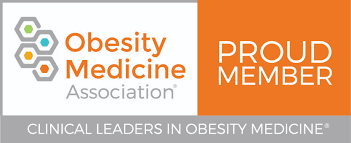Comprehensive Healthy Weight and Metabolism
Benefits of Weight Loss
Citations:
- Hallberg SJ, McKenzie AL, Williams P, et al. Effectiveness and Safety of a Novel Care Model for the Management of Type 2 Diabetes at One Year: An Open Label, Non-Randomized, Controlled Study. Diabetes Ther. 2018. DOI: 10.1007/s13300-018-0373-9
- Bhanpuri NH, Hallberg SJ, Williams P, et al. Cardiovascular Disease Risk Factor Responses to a Type 2 Diabetes Care Model Including Nutritional Ketosis at One Year: An Open Label, Non-Randomized, Controlled Study. Cardiovasc Diabetol. 2018; 17:56. doi:10.1186/s12933-018-0698-8





